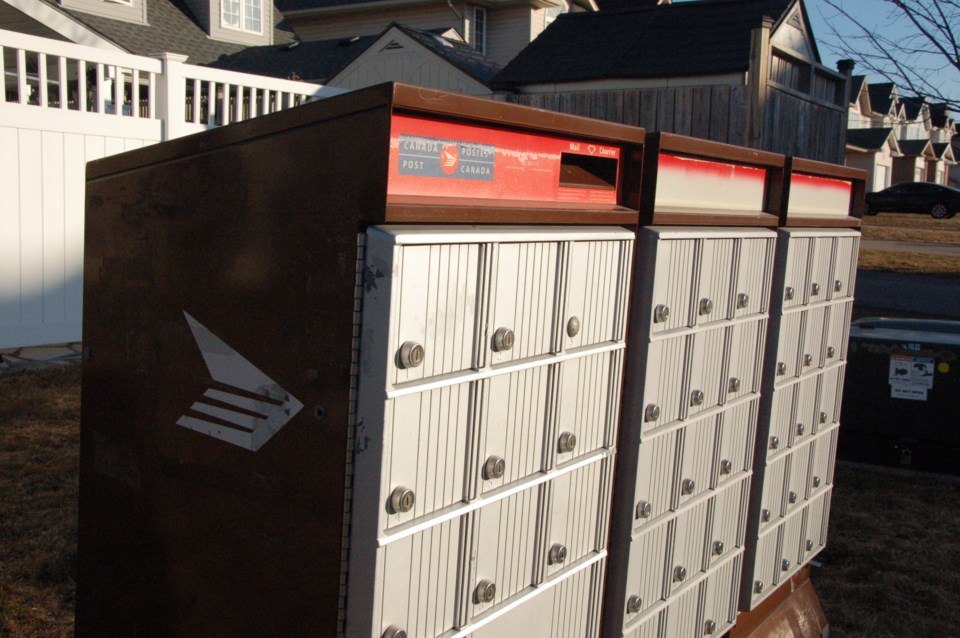Many residents will be excluded from voting during next year’s municipal election unless city council approves new options for casting ballots, beyond the mail-in system endorsed earlier this year, says the Accessibility Advisory Committee (AAC).
During a Tuesday afternoon meeting, the committee unanimously approved a motion calling on council to consider implementing a remote mail-in system which would allow people to use assistive technology to read their ballot and mark it digitally, yet still provide a printed paper version that can be counted and verified.
“Mail-in voting as it exists is not accessible … to a lot of people,” commented Lorelei Root, chair of the elections sub-committee. “I personally, as a disabled person, find it offensive that we even talk about it as an accessible option.
“There are people being disenfranchised because accessible options aren’t there,” she continued, adding she personally can’t vote with the options approved by council.
Remote mail-in voting is done completely offline, so it addresses concerns council and city staff raised regarding the possibility of the vote count being manipulated, as well as the need to have access to physical ballots in the case of recounts, Root noted.
Jennifer Slater, the city’s manager of information, privacy and elections, explained the remote mail-in option is not permitted under the intent of the voting methods bylaw approved by council in February and would require the bylaw to be re-opened or amended.
“We don’t have the authority to explore that for 2022,” she told the committee, explaining the Municipal Elections Act requires council’s approval of any technology used in voting or vote-counting.
There may also be issues regarding the ability for tabulators to read printed remote mail-in ballots, Slated noted.
Traditional mail-in ballots create a dependency on others for those with disabilities, responded committee member Deborah Stienstra, who suggested a case could be made that it qualifies as a human rights violation.
“Everyone else gets to be independent, but those who don’t fit the mode that’s been identified to do things are then required to give up their privacy, to rely on another person,” she said. “It’s creating an undue set of reliance that would be gone if you just recognized multiple ways (of voting).
“I’m so frustrated by the lack of foresight and what feels like an intentional … exclusion.”
If not intentional, the exclusion is systemic, she added.
“We’re always being faced with more and more roadblocks,” continued committee chair Mike Greer, in reference to the committee’s efforts to find ways that enable more people to participate in municipal activities. “It’s always us justifying why we should be able to do something that no one else has to justify.
“We’re not asking the rest of the population to justify walking into a polling station to mark their ballot. They don’t have to be asked why they get to do that, it’s part of the democratic process.”
If remote mail-in ballots are approved for use, the AAC motion urges council to ensure there are extended hours at Guelph Public Library to allow for use of its computers, as well as allow marked ballots to be printed for free.
Traditional mail-in ballots and a vote-from-home option were also supported by the committee, with translations available in braille and sign language.
